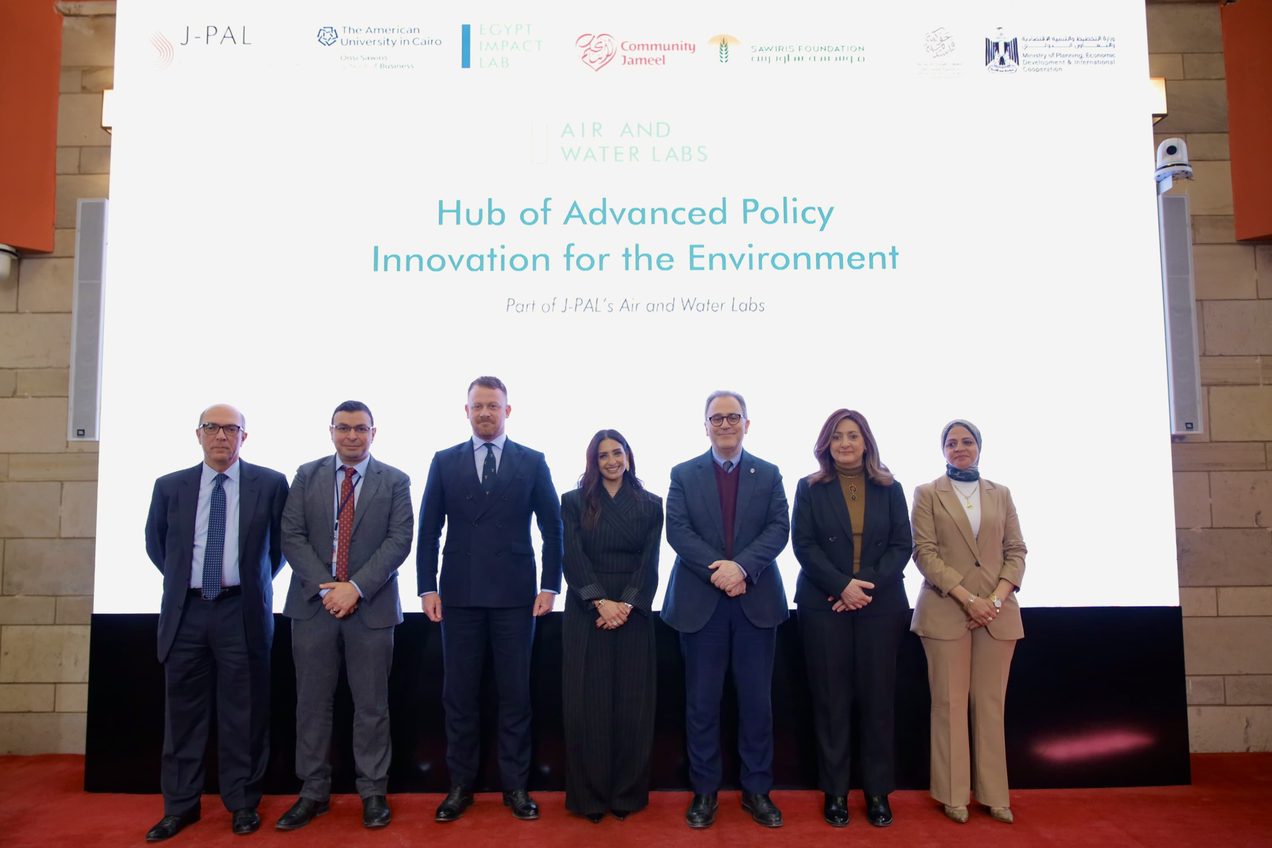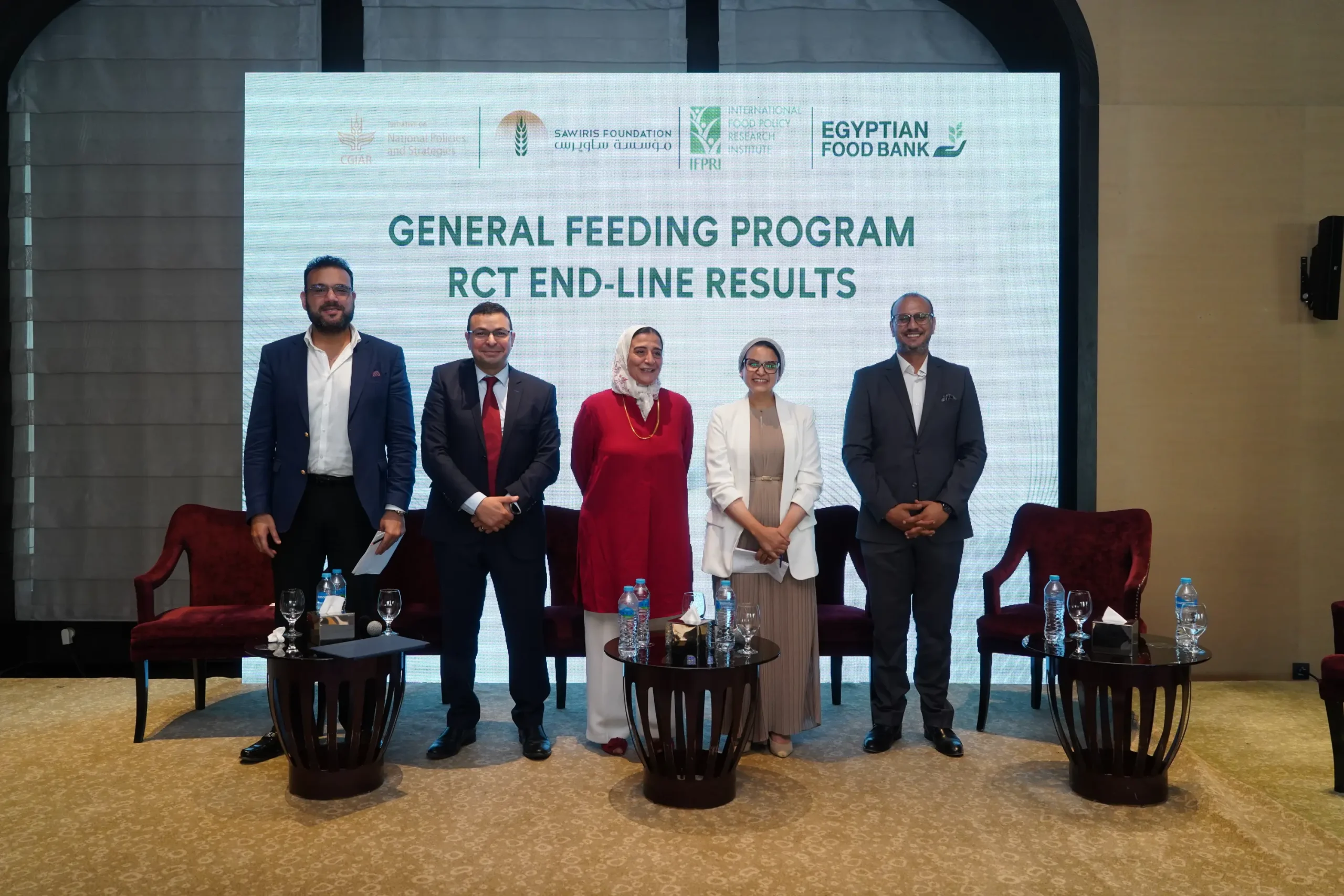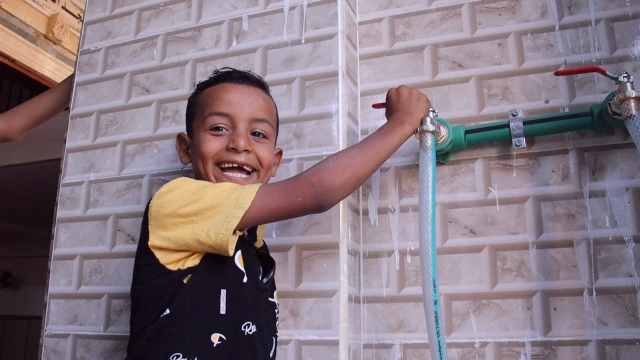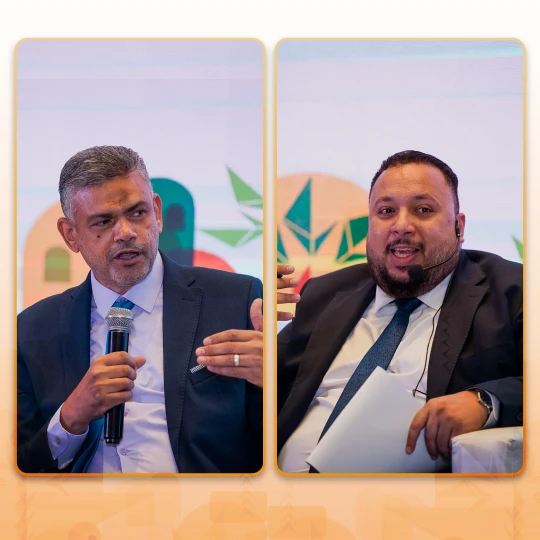“If we don’t know whether we are doing any good, we are not any better than the medieval doctors and their leeches; sometimes the patient lives, sometimes the patient dies, is it the leeches? Is it something else?” – Esther Duflo
Collecting data and conducting impact evaluations allow us to identify what works and what does not. This has revolutionized resource allocation and funding in the development and philanthropic world. Sawiris Foundation for Social Development (SFSD) has adopted an effective altruism philosophy that aims to maximize the impact of resources allocated to development programs by ensuring that every Egyptian Pound spent positively impacts beneficiaries and supports them in their socio-economic well-being. Practically speaking, SFSD has established a funding system setting forth two essential filters in the way it chooses its projects; the existence of scientific evidence backing up proposals and the cost-effectiveness of proposed interventions. Moreover, Sawiris Foundation has made continuous efforts internally to become a learning organization by establishing robust monitoring and rigorous evaluation systems and developing a strategy for 2023-2028 that is entirely based on scientific evidence. Furthermore, SFSD not only embodies this philosophy but also aims to promote it within the development community and support the government and other actors in moving in that direction.
Hence, in light of its commitment to align with government priorities and practice effective altruism, SFSD announced its support as a founding partner together with Community Jameel with additional support from United Nations Children’s Fund (UNICEF) Egypt to Egypt Impact Lab (EIL). SFSD not only funds evidence-based projects but works to support efforts beyond its walls through initiatives like the EIL. Joining forces with the Ministry of Planning and Economic Development (MPED) and the Abdul Latif Jameel Poverty Action Lab in the Middle East and North Africa (J-PAL MENA), the Foundation supported launching this initiative to enhance measuring the impact of national development programs and interventions. The implementation of randomized evaluations and analysis of administrative data will ensure cost-effective interventions and improve the design of poverty alleviation programs. Due to limited government resources, it is essential to invest in understanding what works and what does not to help the largest number of people in need with the least financial incurrence.
Egypt Impact Lab’s three pillars
The lab’s operation stands on three guiding pillars that define the areas of work and various activities within the initiative:
- Firstly, EIL will evaluate programs and initiatives identified by the Egyptian government to evaluate their effectiveness. EIL aims to launch three impact evaluations per year along with strategic government partners that will identify their top priorities.
- The second pillar mandates EIL to build the capacity of ministries and development practitioners, guiding them through the utilization of rigorous evidence and its application and use in evaluating national programs and projects. Sessions will ensure that all stakeholders have access to and an understanding of evidence, so it is used to design policies and programs better. Additionally, EIL will establish a fellowship for promising scholars to strengthen the research ecosystem in Egypt.
- The third pillar of the EIL sheds light on the administrative data of ministries and other stakeholders. Her excellency, Dr. Nivine El Kabbag, Minister of Social Solidarity, has confirmed in her speech during the launching event of EIL that data sets within the Ministry are available and that analyzing these datasets can generate meaningful insights and findings.
SFSD and other Government Engagements
In its journey to maximize its impact, SFSD directs its funding to NGOs carrying out innovative projects, many of which have successfully been implemented elsewhere. Through efforts to bring these tested interventions to Egypt, contextualize and test them through our implementing partner entities, SFSD aims to scale up projects with promising results. Governmental entities are an essential partner in doing so. They allow for the expansion of projects to reach their targeted beneficiary groups and thus, have a more significant impact on the country. Projects are strongly aligned with government priorities and fit in the main thematic areas of EIL; social protection, employment, and family planning. EIL will focus on employment as it is key to reducing poverty and addressing inequality. Many national programs push for less unemployment to stimulate the Egyptian economy and allow for the inclusion of less privileged Egyptians in the development process, which is why it is of utmost importance to ensure the effectiveness of these interventions. Also, EIL has committed to researching family planning as its third theme to address the exponential increase in the Egyptian population and possible mitigation policies.
Regarding social protection, SFSD and EIL share the same goal of supporting marginalized individuals and households. An example of such alignment is the Bab Amal program, an adaptation of the BRAC’s ultra-poor graduation program in Upper Egypt that SFSD’s implementing partners have carried out. The pilot program is underway and promising initial results, making way for Bab Amal to be implemented on a broader scale in more governorates to scaffold thousands of Egyptians out of extreme poverty. Moreover, MOSS and SFSD have united their efforts in the Early Childhood Development (ECD) project, recognizing that this stage in the lives of young Egyptians is an unmissable opportunity to build a strong foundation for their future. Hence, this project aims to improve the quality of nurseries and expand their accessibility across Egypt. SFSD has supported J-PAL in conducting an impact evaluation on this matter, followed by roundtable discussions with governmental representation that has allowed to lay out the directions and next steps regarding ECD.
Moreover, a program initiated in India, Teaching at the right level, was brought to life in Egypt by SFSD and its implementing partners along with the Ministry of Education (MoE). It is a program that aims to provide primary school students with basic literacy and numeracy skills. MoE is allowing this program to be integrated into all the schools in the country to ensure that no child misses critical concepts in early grades, as they will hardly have a chance to catch up with their peers, no matter how many years they spend in school.
Sawiris Foundation believes that the EIL is a crucial step towards effective public policy. We support the generation of more research in Egypt to clearly identify which development interventions work and which do not, allowing an effective allocation of scarce resources and a more significant impact on beneficiaries. Although the project is in its initial stage, the potential it suggests is immense, and the room for support is boundless. Alongside SFSD, other organizations that are firm believers of evidence-based programs are invited to support and advocate for the efforts to mainstream this scientific approach nationally.






